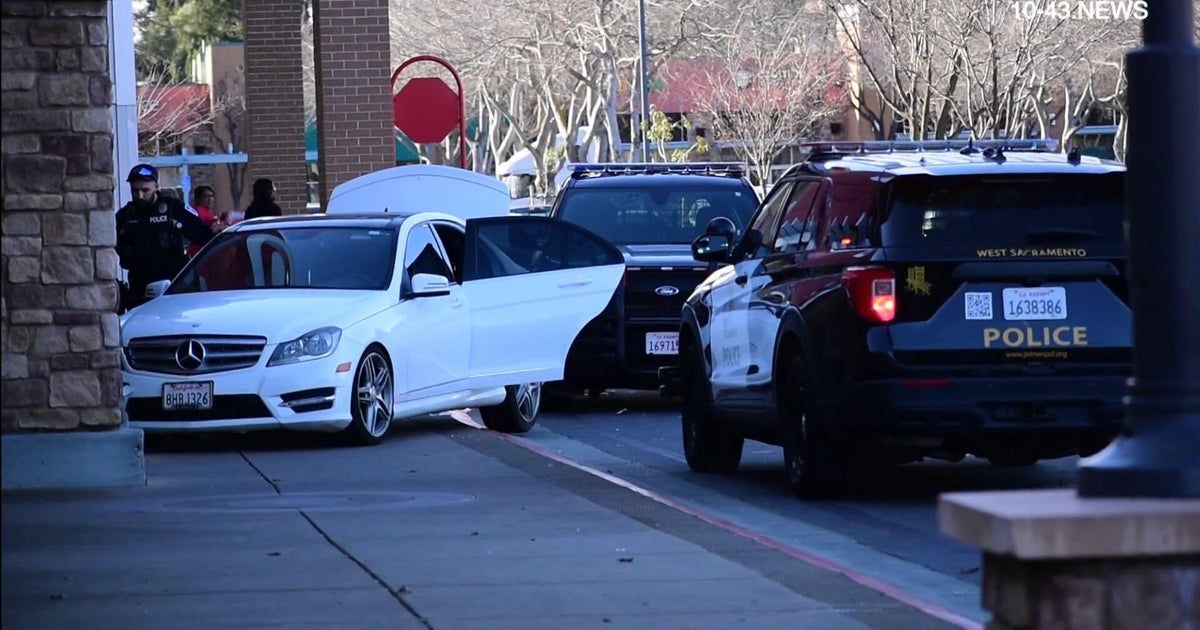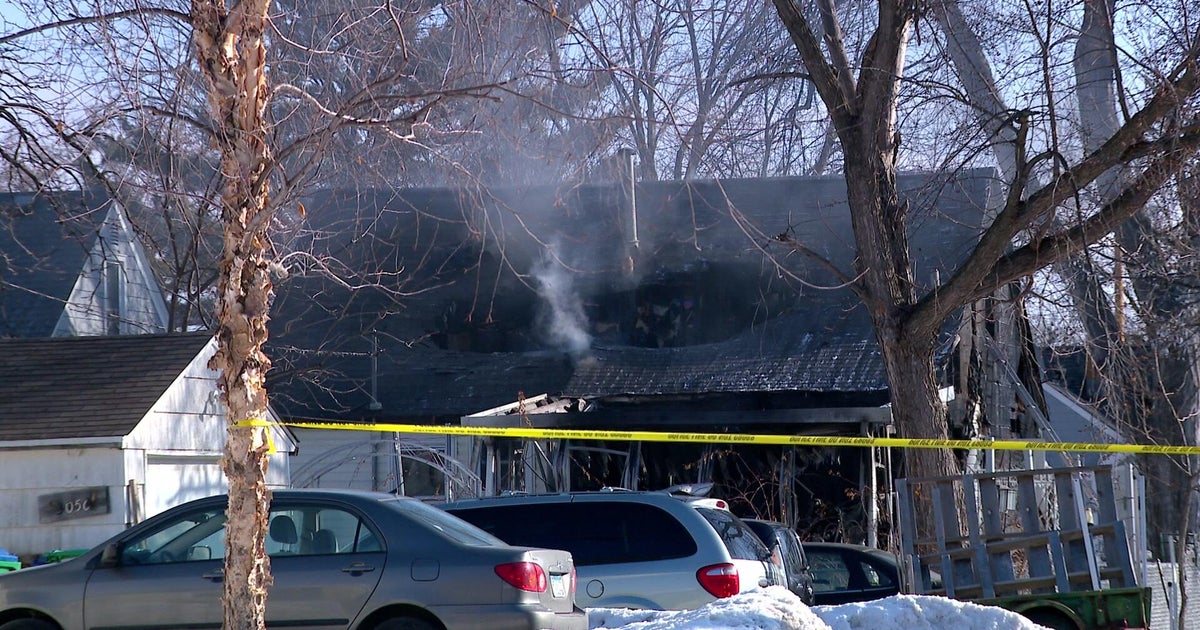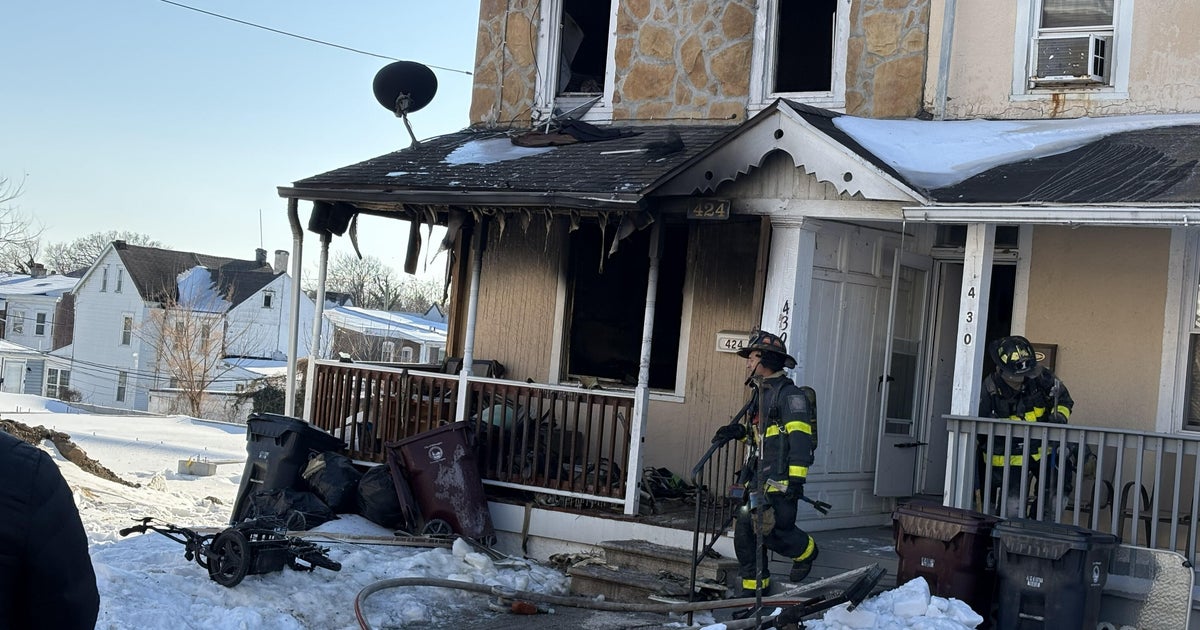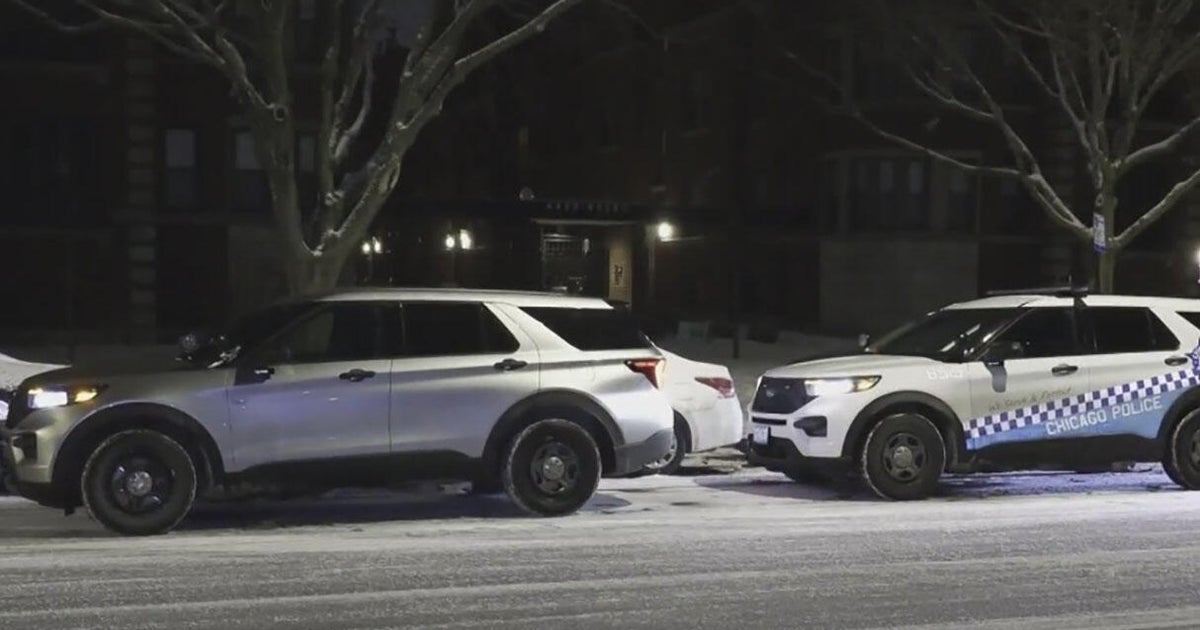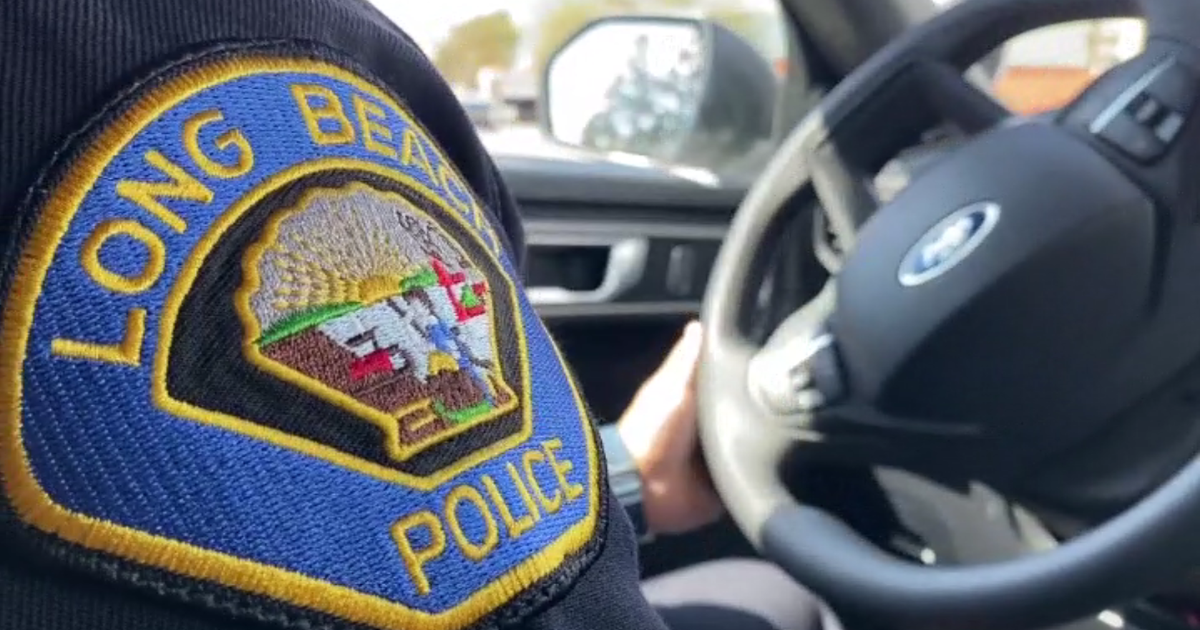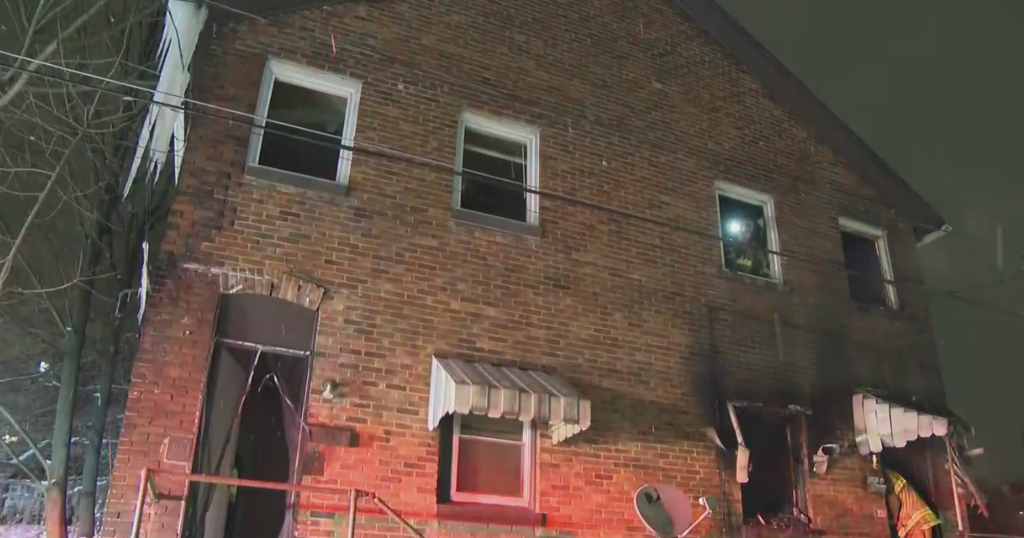Metro Fire says pilot program resulted in cost savings, fewer 911 calls
It's been a year since the Sacramento Metropolitan Fire District added advanced medical providers to its list of first responders. It's a sign of the times nationwide.
Scott Perryman is a battalion chief with Metro Fire.
"I started in Southern California as paramedic," he said.
Perryman loved medicine so much, he put himself through physician assistant school at Stanford. When he went back out into the field, he realized "that there were a lot of issues I was seeing as a paramedic that could be treated in the field and they didn't have to go to the emergency room."
A lot of 9-1-1 calls were for something as simple as medication, so he decided to pilot a program in Sacramento where physician assistants or nurse practitioners accompany the paramedic.
"The beauty of that is it saves the patient from going into the emergency room and spending resources there," Perryman said. "And saves the hospital because they're not taking patients that don't need to be there. So now they can focus on the patients that truly need to be there."
These advanced providers can educate patients and prescribe medications, bringing direct and definitive care.
"Our advanced providers [being] present allows us to bridge a gap in care we may not be able to provide at a paramedic level," paramedic Danielle Blaschke said.
Three hospitals — Sutter Health, Dignity Health and UC Davis — gave $1.1 million to fund the pilot program, which Perryman said is already saving patients, hospitals and insurance companies money.
"We saw those high utilizers of 9-1-1. We decreased their 9-1-1 use by 55%, saving the system over $350,000 in just a three-month period," he said.
One area of impact is psychiatric emergencies.
"A lot of the time, they have to go the emergency room to be medically cleared before they can go in a psychiatric facility," Perryman said. "We're able to do that medical clearance in the field."
This would get patients the correct care they need the first time to free up first responders for more critical patients.
Several municipalities in Southern California have instated this program. San Francisco and Sacramento are the only cities in Northern California using this approach.
Perryman is now turning to insurance companies to step up funding for the program. He said research from the year-long program is about to be released that will prove it is effective and economical.

